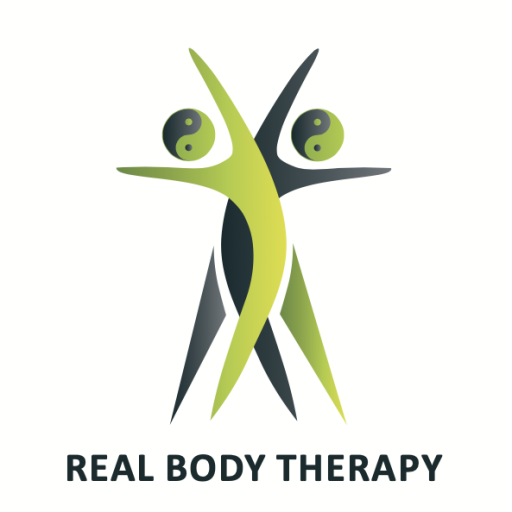Thyroid
Dr. Mark combines both Western and Eastern approaches to treating thyroid imbalances, offering a holistic path that addresses not only the symptoms but also the root causes. While Western medicine typically relies on pharmaceuticals, such as thyroid hormone replacement, or surgery to directly correct thyroid dysfunction, Eastern medicine takes a broader approach. Practices like acupuncture and herbal remedies aim to restore balance throughout the body, supporting overall health in the process.
Acupuncture for Thyroid Disease
Acupuncture can be particularly helpful for people dealing with both hypothyroidism (underactive thyroid) and hyperthyroidism (overactive thyroid), as it works on multiple fronts:
Balancing thyroid hormone production:
Hypothyroidism: – Acupuncture has been shown to help increase thyroid hormone levels in individuals with an underactive thyroid by stimulating the body’s natural ability to regulate hormone production.
Hyperthyroidism: In cases of overactive thyroid, acupuncture may help reduce thyroid hormone levels, assisting in bringing the thyroid’s activity back to a more balanced state
Reducing pain and stress:
Acupuncture can promote relaxation, which is particularly important for thyroid patients who may experience high levels of stress, anxiety, or pain. It works by acting on the brain’s pain-relieving pathways, reducing the body’s sensitivity to pain and lowering stress, which can otherwise exacerbate thyroid dysfunction.
Increasing circulation and reducing stiffness:
Thyroid dysfunction often leads to symptoms such as muscle stiffness and joint pain. Acupuncture promotes blood flow to smaller blood vessels, helping reduce swelling and improving joint mobility. This is particularly beneficial in cases of hypothyroidism, which is often associated with poor circulation and muscle stiffness.
Reducing inflammation:
Chronic inflammation can worsen thyroid imbalances. Acupuncture may help by promoting the release of immunomodulatory and vascular factors, which can reduce inflammation in the body and restore balance.
Herbal Medicine for Thyroid Dysfunction
Eastern medicine often complements acupuncture with herbal remedies, which are custom-tailored to the individual. In contrast to Western medicine’s standardised pharmaceutical treatments, Chinese herbal medicine takes into account a person’s unique symptoms and pattern of disharmony.
For example, a person with hypothyroidism might be prescribed a formula that tonifies Qi (energy), supports the Kidney and Spleen meridians (organs thought to support energy and metabolism), and targets fatigue or coldness that may accompany thyroid underactivity.
On the other hand, a person with hyperthyroidism may receive an herbal blend aimed at cooling the Liver and balancing the Yin energy to calm overactive symptoms.
In summary, treating thyroid disease with both Western and Eastern medicine can offer a powerful, integrative solution. Acupuncture, herbs, and lifestyle changes can work together with traditional pharmaceutical treatments to promote a balanced and sustainable recovery, allowing for better management of both symptoms and the underlying causes of thyroid dysfunction.
